Preserving the natural behaviour of dairy cows
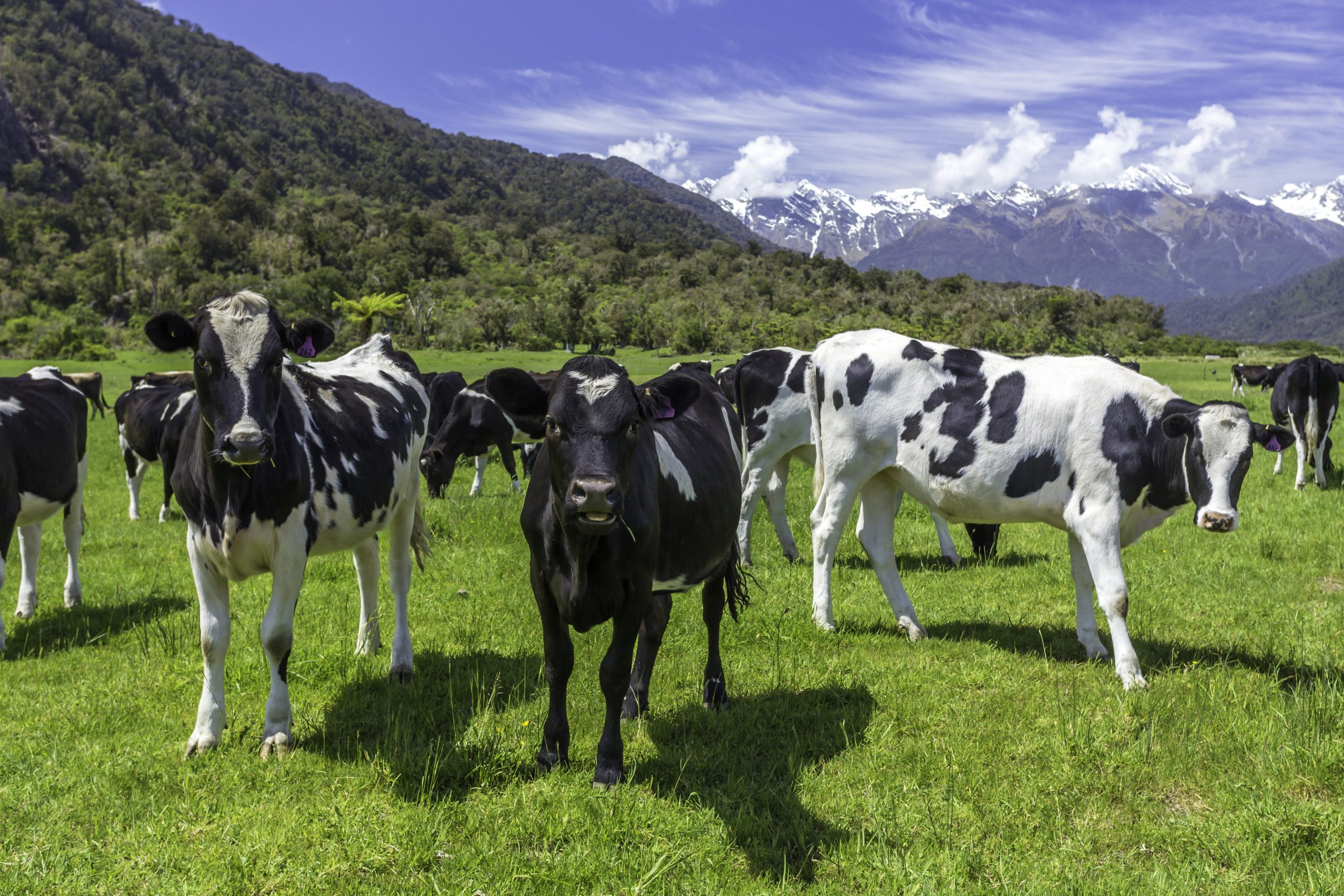
With dairy cows, it is important to control production by focusing on a number of factors: nutrition, the environment, sanitary issues, etc. Yet the performance of these animals is inferior to their potential.
Preserving the natural behaviour of cows in stalls protects the well-being of the animals and boosts the dairy farm’s productivity. According to Grant and Albright (2000), a dairy cow’s activity can be broken down as follows:
- 12-14 hours/day of sleeping/resting;
- 7-10 hours/day of rumination;
- 3-5 hours/day of feeding; 2-3 hours/day of socialisation;
- 0.5 hours/day of watering, and
- 2.5-3.5 hours/day of milking and walking.
A direct correlation exists between a dairy cow’s rest time and its productivity (Figure 1). Grant et al. (2004) admit that every additional resting hour is converted into 0.9-1.6 litres of milk.
Figure 1 – Relationship between resting time and milk yield (from Grant, 2004).

Perpetual modifications of social relationships within the herd and high density negatively impact resting time. Furthermore, the dairy cow will seek this rest time itself, even if it means cutting down feed time. Milk production is penalised de facto by a reduction in the dry matter ingested every day, as well as by excessive quantities ingested at less frequent feeding times. Blood flow in the udder and rumination efficiency decrease as lameness risk increases.
Olfaction as the tool to reach performance
Laboratoires Phodé view animal farming from a holistic perspective, which achieves performance objectives through a ‘Better-Being’ approach. With their extensive research on the impact of olfactive molecules on the brain, the company has demonstrated how olfaction can positively influence animals’ perception of their environment.
Their research thus aims to identify and better understand the effects of qualified functional sensory molecules and plant extracts on physiology, behaviour, better-being and finally on the performance of living beings.
Modulating brain perception of stress
Laboratoires Phodé have designed the VeO concept based on its research, which enabled the creation of a complex product, mainly composed of a specific natural extract of Citrus sinensis, known for its anti-stress benefits. One of its features is also its exclusive ‘Crystalline Impregnation’ formula, which allows the feed to transport its main active ingredients from the olfactory system to the brain’s ecosystem.
Active molecules decrease the brain’s perception of stress and also stimulate the reward pathway, thereby favouring the best possible response by the animal to perceived stress. This unique sensory additive has been tested in various stress situations found in breeding environments: stress caused by heat, density, handling, re-grouping, response to vaccinations, etc.
Positive consequences on milk production
Various academic and field studies have demonstrated that feeding and general behaviours of dairy cows change with Phodé’s aromatic blend in their total mixed ration. First feed intake is more homogeneous and less aggressiveness while feeding is observed especially when stocking density is high. Secondly, field trials in Mexico measured that the number of daily footsteps drops significantly by 38%. In a study at Davis University, it was measured that an animals’ lying time exceeds 28% (Figure 2). Thus, selected and purified aromatic compounds are able to make dairy cows rest more and ruminate better. This results in positive consequences on milk production and feed efficiency improved by 7%.
VeO is an unrivalled functional sensory concept that allows for high performance in the most demanding animal breeding situations by focusing on the “Better-Being” of the individual animals.
References available on request
Join 26,000+ subscribers
Subscribe to our newsletter to stay updated about all the need-to-know content in the feed sector, three times a week. Beheer
Beheer
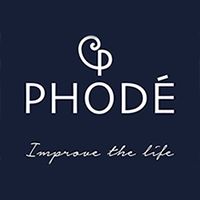

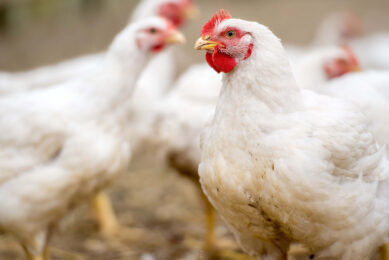
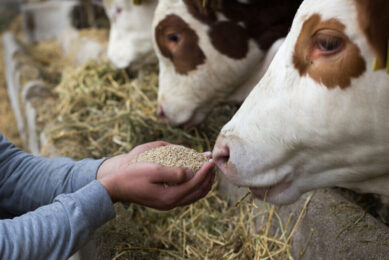
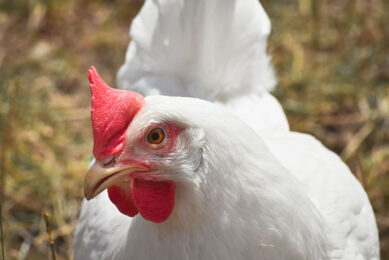
 WP Admin
WP Admin  Bewerk bericht
Bewerk bericht